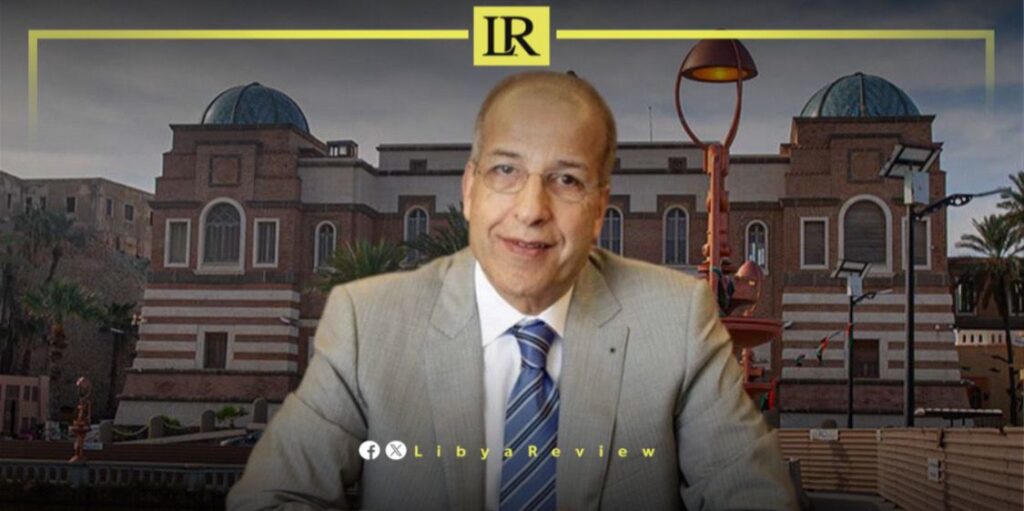A Libyan court has issued an order to halt the implementation of recent decisions made by the Presidential Council regarding the Central Bank of Libya (CBL).
The ruling was made by the Jalu Primary Court in response to a request from Osama Hammad, the Prime Minister of the Parliament-designate government. The court deemed the council’s decisions null and void, stating that they hold no legal effect.
The dispute centres on two key decisions made by the Presidential Council: Decision No. 19 of 2024, which named Mohammed Al-Shukri as acting Governor of the Central Bank, and Decision No. 20 of 2024, which restructured the bank’s board of directors.
Hammad’s government argued that these decisions exceeded the council’s authority and were in violation of the Libyan Political Agreement, which outlines that the appointment of the Central Bank Governor falls within the jurisdiction of the House of Representatives, in consultation with the High Council of State.
Hammad accused the Presidential Council of overstepping its powers and acting unlawfully, further asserting that the council’s actions could destabilize the Libyan economy. He emphasised that the House of Representatives had previously reaffirmed the appointment of Siddiq Omar al-Kabir as the Governor of the Central Bank and Marai Al-Barassi as his deputy, under Decision No. 12 of 2024.
Hammad’s government has called for urgent legal action to nullify the council’s decisions, warning that failure to do so could exacerbate Libya’s economic woes. He noted that the country’s oil revenues, which are crucial to its economy, are primarily generated in areas under the control of his government and safeguarded by the Libyan National Army (LNA).
Hammad also criticised efforts to seize control of the Central Bank, suggesting that such moves are driven by personal interests and could lead to greater division within Libya, further weakening its financial stability.


